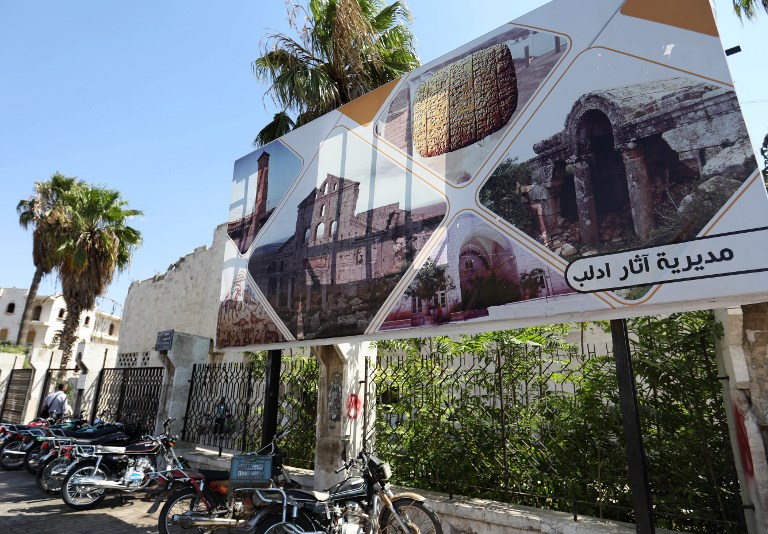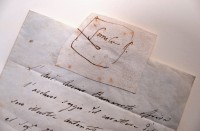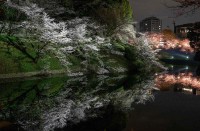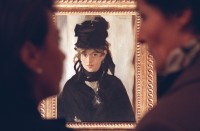
An antiquities museum in Syria’s rebel-held province of Idlib said to house one of the world’s oldest dictionaries reopened today after five years, an AFP correspondent said. / AFP PHOTO
IDLIB, Syria (AFP) — An antiquities museum in Syria’s rebel-held province of Idlib said to house one of the world’s oldest dictionaries reopened on Monday after five years, an AFP correspondent said.
Dozens of visitors trickled into the museum in Idlib city to see what an official said represented just a fraction of the building’s collection.
Ayman al-Nabu, head of antiquities for the city controlled by an alliance of rebels and jihadists, said the museum had been damaged by air strikes and looting during Syria’s nearly seven-year conflict.
After it was closed in 2013, “we carried out maintenance and rehabilitated the museum to give it new life,” he said.
Organisers are planning “visits for a whole generation of students who have been unable to visit archaeological sites due to the war,” he added.
The museum is said to house a collection of clay tablets dating back to 2400-2300 BC, which bear witness to the invention of the first alphabet.
They were discovered in Idlib province’s site of Ebla, which was the seat of one of ancient Syria’s earliest kingdoms.
Nabu urged UNESCO to help preserve the archaeological sites of the province and said archaeology has nothing to do with politics.
On Monday, a man admired clay lamps displayed in a glass cabinet, while women took a picture with her phone of a collection including a large amphora.
A dark grey statuette stood beheaded on a pedestal in a corner.
Archaeologist Fayez Qawsara said he remembers the museum’s opening in 1989.
“I attended the founding of Idlib museum in my youth… and today, after all these dark happenings, the museum is reopening with what remains in it,” he said.
Important objects in the collection included “the Ebla tablets and basalt statues showing ancient religious rites”, he said.
Major historical sites or monuments have been destroyed in the fighting and by jihadists during Syria’s war, including in the UNESCO-listed world heritage site of Palmyra.
Idlib is the last province in Syria that is still largely under opposition control.
President Bashar al-Assad has warned that government forces intend to retake the province after his Russia-backed regime seized territory from rebels and jihadists in other parts of Syria.
The war has also killed 350,000 people and displaced millions more.
© Agence France-Presse







